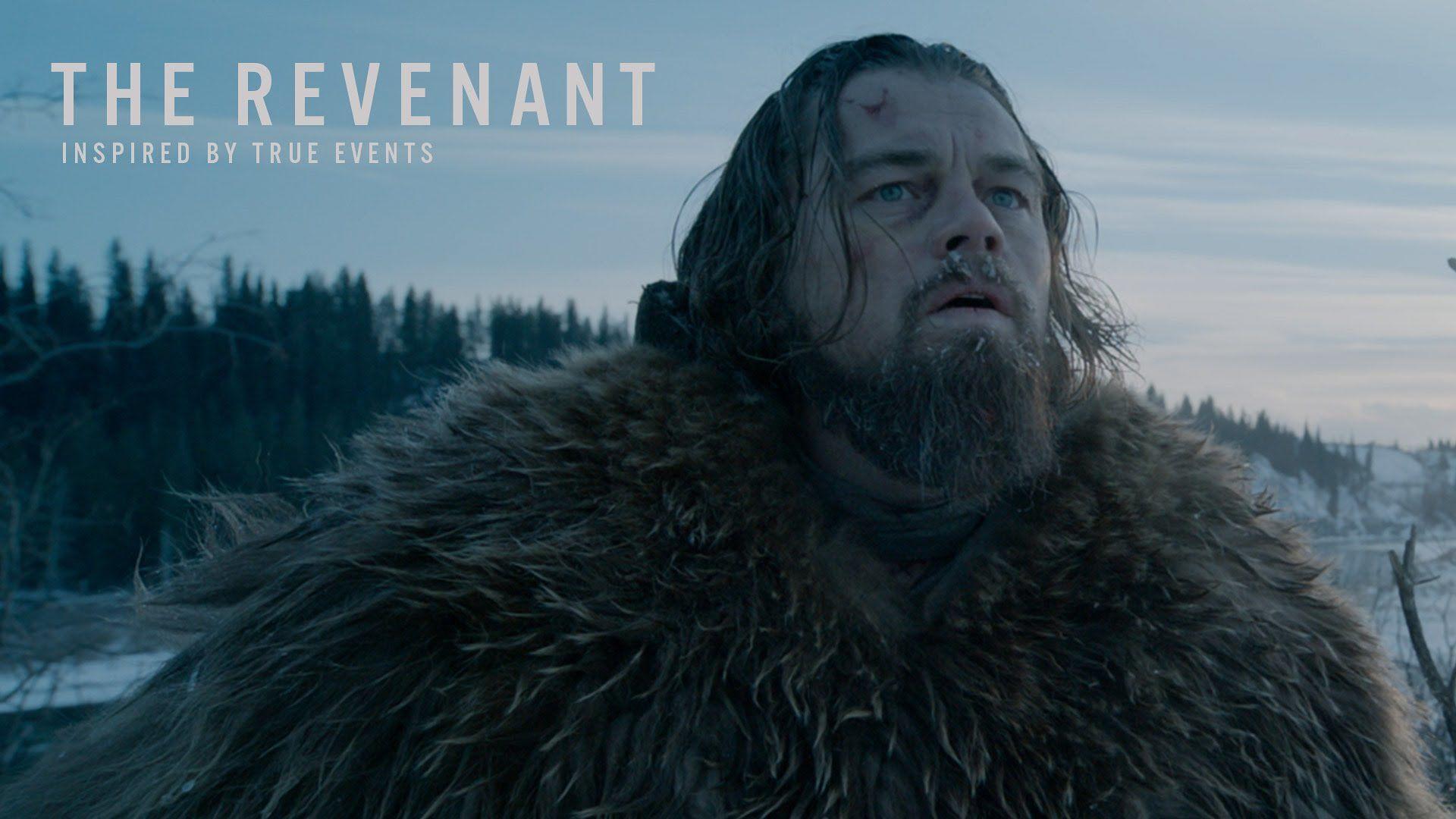Congratulations, Leo
Watching Leonardo DiCaprio crawl across a nameless tundra with frothy wheezing violating my ears for two and half hours was the best cinematic experience I’ve had since Interstellar.
The opening scene answers the questions everyone has been asking. Will Leo ever age? Does he really bathe in the blood of virgins? And the resounding answer is no. Slap on a scraggly beard and a month without bathing, and Leo looks like a finely cultured Jack Nicholson.
Aside from some bad jokes, Leo’s appearance serves an actual purpose from the get-go of The Revenant. The first pan to Leo’s character, Hugh Glass, differentiates this film from Leo’s previous productions. A prominent and somewhat surreal leadership role is inherent to Glass’s character as he leads a group of fur trappers through the woods.
Instead of a young eccentric character overcoming some extraordinary circumstance to prove himself, this movie finds Glass on the other end of his gauntlet. Within the first ten minutes, Glass is the composed and competent one, until mama bear decided he ain’t all that– that is, until Glass is mauled by a bear. From that point on, the movie seems to be an epic of survival, but the true plot is actually one of vindication.
Aside from DiCaprio, the other integral member of the film’s making is director Alejandro G. Iñárritu. Coming straight off the set of Birdman, Iñárritu shows no hesitation transitioning into a radically different style of film. Unlike Birdman’s bustling but cramped city block for a set, The Revenant takes place in the vast expanse of a winter woodland. Every location is just barely differentiated from the last, with only slight geographical markers indicating any significant displacement.
In a similar vein, the setting is overwhelmingly minimalist. Few colors are present in the film’s palette besides grey and earth tones representing snow and dirt, green hues of pines and moss, and muted blues of ice and running water.
This lack of visual diversity, however, creates a more dynamic movie. In every scene, it is clear where the viewer’s focus should be, and every action instills a significant impression among the relatively constant environment. The homogeneity also serves to accentuate the climatic scenes. Even the addition of a new color takes one’s breath away, depending on how Iñárritu decided to frame that particular moment. In fact, my only qualm with this film is just how involved the viewer becomes.
Iñárritu depicts heavy themes of survival, redemption, and revenge in this film, all of which he made sure would knock the wind out of the audience. There was clear cognitive dissonance between the atmosphere of the film and the viewer’s sympathetic capacity. I was incredibly disappointed that the brilliant and bold techniques used to break the fourth wall between fiction and reality ended up being superfluous, namely because the atmosphere came across as too overwhelming and too intense. I was holding my breath in suspense for the entirety of the film, and I almost felt fatigued after watching.
But what Iñárritu accomplishes in this film is something that hasn’t been done in the last twenty years. He accurately portrays DiCaprio’s finest acting on the silver screen. The culmination of Iñárritu’s directing and DiCaprio’s acting is what gives this film life. After this performance, it’s hard to say that Leo isn’t one of the best actors in Hollywood, and I believe he has been for a while. Anyone doubting this can try themselves to recreate any of the scenes of Leo’s recovery without looking ridiculous. Solely acting with body language is difficult, but to communicate the primal odyssey that Glass undertakes is something few in Hollywood can even attempt, let alone accomplish.
Despite Leo’s prevalence in countless blockbusters, I can’t say he was brilliant in all of them. In every Academy Awards, there was always a more convincing portrayal up for the nomination. And to me, it’s ridiculous to say Leo was ever snubbed.
And this brings me to the point of this review. The Revenant is a must watch movie, not because it’s an intense watch, but because this is Leo’s Oscar. After decades of terrible jokes, Leo and Iñárritu united like the Power Rangers to put an end to the memes. Though it’s fun to watch a playboy worth a quarter of a billion dollars play in the dirt, it’s even more enjoyable to see the death of an old joke.
Congratulations, Leo.

Hello kids, my name is Dylan Lyon, and I am staff writer for Cam High's best publication, The Stinger! My hobbies include reading, writing, watching TV/movies,...

















































































![Senior Ditch Day... Relaxation or Truancy? [Video]](https://achsstinger.com/wp-content/uploads/2017/10/IMG_7119-900x599.jpg)
![Heavy Rain Hits Cam High [video]](https://achsstinger.com/wp-content/uploads/2017/02/maxresdefault-900x506.jpg)




Anonymous • Mar 1, 2016 at 2:26 pm
R.I.P The Leonardo DiCaprio Meme for he has found his Oscar. I’m almost sad the bear or his stick didn’t win it instead.